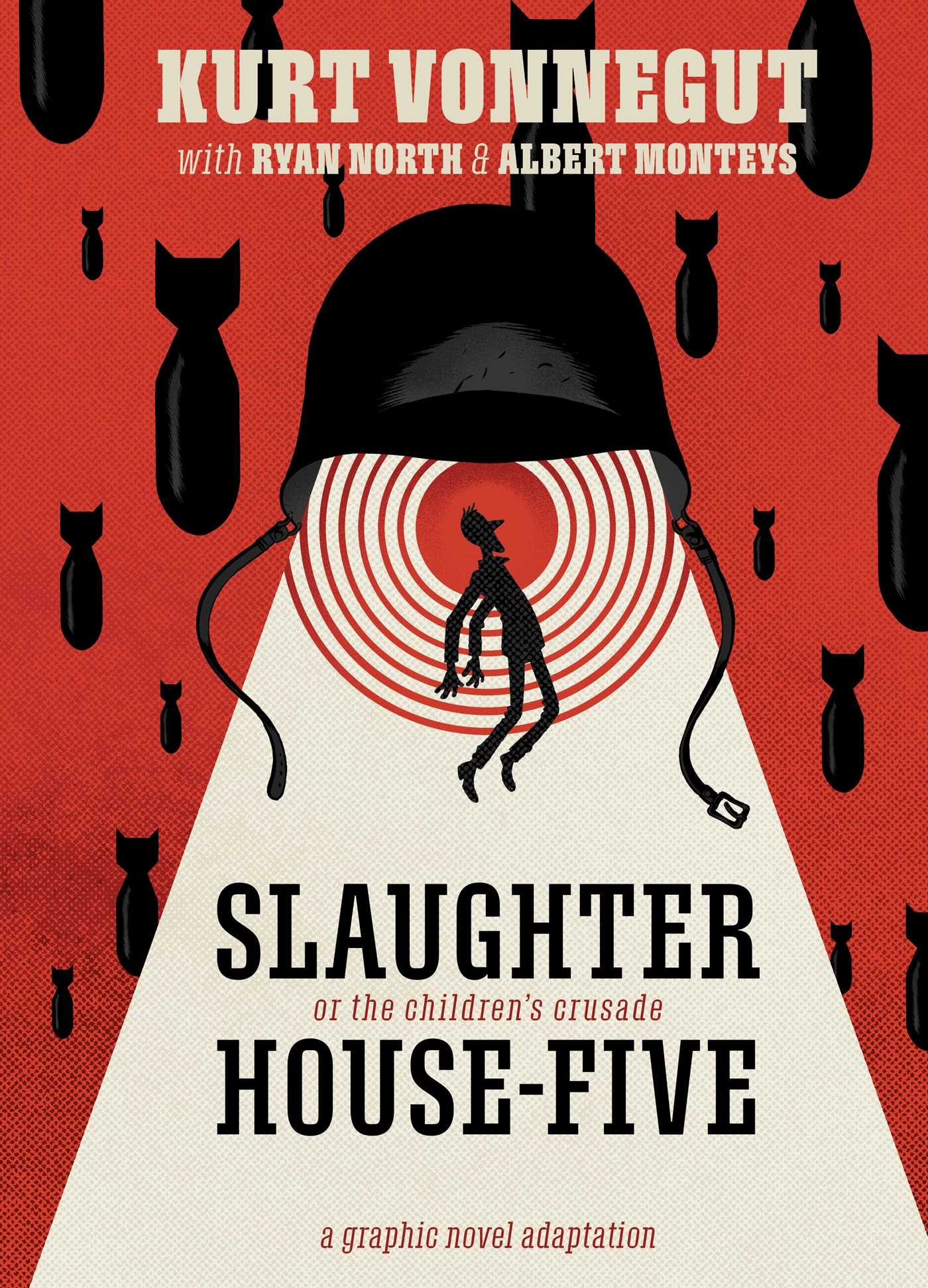"Slaughterhouse-Five" by Kurt Vonnegut is a thought-provoking and unconventional novel that explores the horrors of war, the concept of time, and the nature of human existence. The story follows the life of Billy Pilgrim, a World War II soldier who becomes "unstuck in time" and experiences his life out of chronological order.
Vonnegut's writing style is witty, satirical, and deeply philosophical. He uses dark humor and absurdity to highlight the senselessness of war and the human tendency to repeat the same mistakes over and over again. The novel also delves into themes of free will, destiny, and the futility of trying to change the past.
One of the most compelling aspects of "Slaughterhouse-Five" is its portrayal of the bombing of Dresden, a real-life event that Vonnegut himself experienced as a prisoner of war. Through Billy's experiences in the slaughterhouse-like environment of Dresden, Vonnegut conveys the devastating impact of war on both individuals and societies.
Overall, "Slaughterhouse-Five" is a powerful and thought-provoking novel that challenges readers to question their beliefs about time, fate, and the nature of humanity. It is a must-read for anyone interested in exploring the complexities of war and the human experience.

